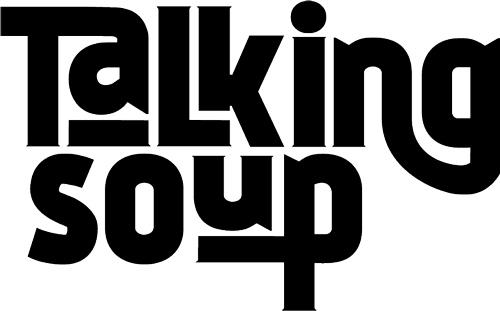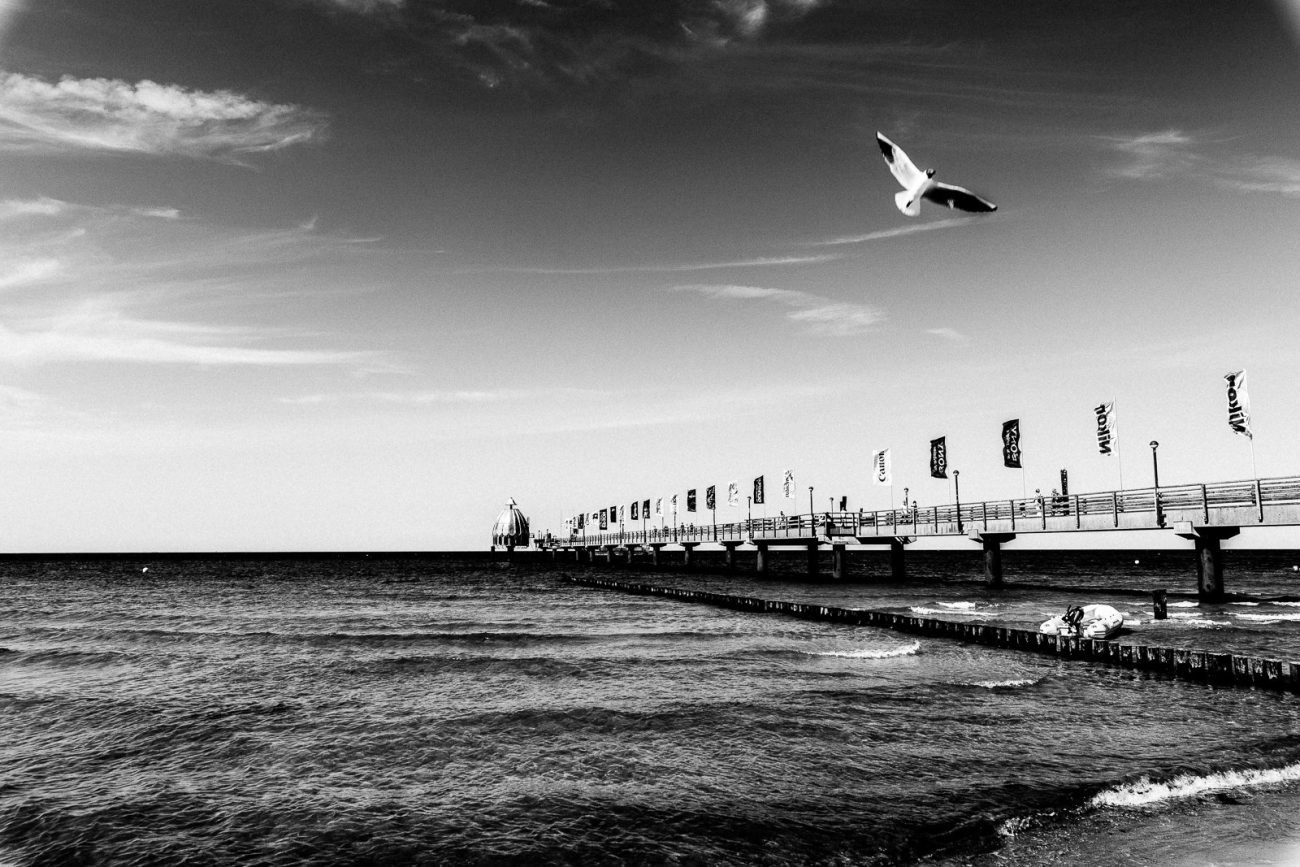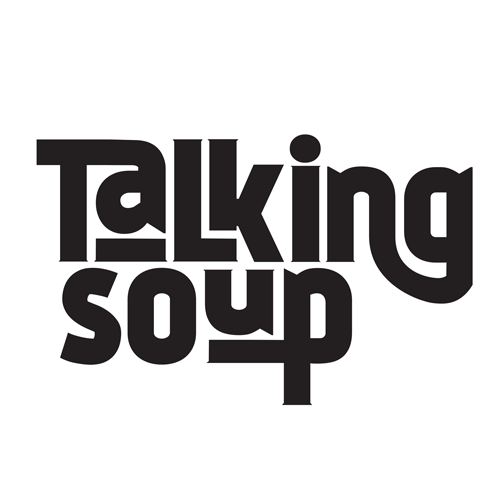Some guy named James Thompson once said that you can’t write noir if you’ve never had to worry about bills or known somebody with a criminal record.
When I first found noir I didn’t have to worry about bills. Not because I had a family fund I could mooch off of till the day I died. I was fifteen. The shelter we lived in only needed one payment during our entire three-month stay. It was the third one I’d lived in my sophomore year.
I knew I wanted to be a writer back then. I just didn’t know what to write. I stuck to science fiction, fantasy, historical fiction. I bled through books in one week because I had nothing better to do. The place in Danielson, Connecticut was a five-minute backroad from a library that was nothing impressive. One-floor, old books, computers without internet filters. They had most of the shit I was into-Bernard Cornwell, Piers Anthony, Harry Turtledove, Terry Brooks, R.A. Salvatore, S.M. Stirling. It beat the school library. I could drop my bag off on the top bunk and run over to meet my brother there. I didn’t have a phone, an MP3 Player, an IPod. No cord to put music from the CD’s to the PSP. My CD player, the white Walkman you can still find at Walmart, all these years later-started skipping a month ago. I had spare change to my name. I was too young for a job. I didn’t know how to get one. I didn’t stay for after school clubs because I thought the cabs whisking us home at the last bell would refuse to come back for me. Most didn’t get out till four. I lived half a state away. Dinner was at 5:30 sharp. I would miss it.
My mother had stopped looking for a job a long time ago. My brother had to be reminded to pretend to look for one.
The communal television downstairs was banned from R-rated films. Friday nights meant the good looking 19-year-old teenage mom supervisor let us watch horror flicks. It was almost something to look forward to. If she was pissed the movies went. Regardless I sat sideways on the couch or on the top bunk in the room. I blasted CD’s whose songs I still have memorized in flawless order. And I read.
It’s called fantasy for a reason. The books I read helped me escape. I could try to write it. Maybe some part of me realized I didn’t have the style. I hate fancying up my sentences. I was young. I wrote science fiction and horror stories, one a month the entire school year. I had been writing since I was ten years old. Horror I thought about doing. From an early age I could creep the hell out of you. Even if I wasn’t writing.
Flash forward to June second of 2011. I come home and she tells me we were being thrown out of that shelter. My mother sticks to her lie but I see right through it. She says it was because the soccer coach who turned out to be a pedophile had stalked her, she flipped him off, he called the supervisor who’d kicked him out three weeks ago. It made no sense. She had smoked weed with the black girl in love with me in a bedroom there. She hadn’t smoked since the eighties, she’d said. My mother wasn’t a drug user, she’d said.
My brother was eighteen years old. Since he was a man now, legally, he got to sleep in a two-bunkbed bedroom with all of the men who had come there by themselves. He barely talked to us anymore. I was stuck sleeping right above her. I hated him then. Honestly. He didn’t have to deal with her talking to herself or popping pills at four in the morning or begging for me to bring her food from downstairs.
She told me. She apologized. I half-walked, half-ran to the library. He was at his favorite computer, pretending not to look at internet porn. I hissed the news in his ear, grabbed on old library receipt-faded, over folded and over creased, my bookmark-and chased after a book. I knew I would never come back again. I had to find that book and write its name down and what page I was on because I couldn’t imagine not finishing it.
It had been marked horror. That was the reason I’d picked it up a week ago. It wasn’t supernatural. It was something I couldn’t describe. I’d read one or two books like it before, sure, Richard Bachman’s Blaze, maybe; but it was special enough that it deserved its own label. It was by some first-time author from the Midwest named John Rector. The book was called The Cold Kiss.
It was the first noir novel I ever read.
It didn’t try to be pretty. The book was honest. The style was short. The characters spoke like human beings. They were two people, young, in love, leaving two broken lives and a parole officer behind to marry in Vegas. They thought bitter. They spoke tough. If they could survive driving in a blizzard with a dead body in the back seat maybe I could survive those shelters.
The next day back to Groton. A hotel, what we owned jammed floor-to-ceiling, door-to-door in the Jeep with dying brakes and taped-up driver’s window. It meant I got to come back to the same town I went to school in, a better bed, Wi-Fi, a computer downstairs, television. We took the bus to school, people on it who recognized us, wondered what we were doing there near Navy housing. “Staying with an uncle,” I snapped, and somehow it shut them up. She stayed in the room and doped herself up on Klonopin and Tylenol. She walked around with her mouth half open. She fell asleep/passed out driving us home. I shouted at her every five seconds and pulled on her arm to keep her head from hitting the door.
We couldn’t afford more than two weeks. Back to the aunt’s one-bedroom apartment and splitting a bed with my brother. Back to second-hand fantasy paperbacks from the school library. Back to waiting for acceptance to the shelter we’d started in last October.
Norwich. A place in the middle of the woods. Our first day there on June 15th. My brother graduated two days later. To a real library for the first time in a month. My mother had to beg for gas money to get there. I realized it would be long time before I came back. I ran through the door to find the book. I blazed through it in two days. I checked out three. They didn’t last a week.
No television. No phone. Two CD’s-the rest broken, the player that skipped and whined, one working headphone saved for it. A PSP with one working game-FIFA 10, one headphone. A soccer ball to kick around in the back lot of an elementary school in record-breaking heat. Stale city water to dry parched lips. Piss warm soda that didn’t last a week. Spare change saving up for gas money, eventually, so maybe we could escape. I could hope for frozen apple juice and being able to sneak ice cream at midnight from adult snack.
I never stopped thinking about the book. It enthralled me. I read it three times. I stole an Agatha Christie paperback from the office building across the lot. I sat around, stewed in my boredom, felt myself rot and waited for a chance to go to a library and find more books like it.
I wrote my first crime story while in there. I had found my calling. I didn’t need to escape anymore. The fiction taught me how to survive. It taught me how to laugh at the ridiculous and sneer at the dark and muscle through the struggles and to never be afraid to stand up. There was no television. There were no movies. There was no music. The silence has never left me. The short-clipped bitter words filled that empty space.
The fiction gave me a reason to live.
Noir saved me.
Seven months later we’d moved into a one-bedroom and I had torn through Mickey Spillane and the original Jim Thompson and James Crumley and Scott Phillips and Walter Mosley. My mother tried to commit suicide on April 23rd of my junior year. I read that night until I passed out. I woke up the next morning and went to school. I was writing my first noir novel. My Creative Writing teacher found it grisly but sat enthralled. She told me it was inappropriate for a school project but let me write on. It was saved on a USB drive my mother stole and hid two months later. It was lost forever. I scraped enough time to retype the first four chapters, sent the rest in handwritten, passed with a D+.
Senior year she did two months for larceny. That August she tried walking out with two carts full of groceries. I lived noir. I managed a story that became my first published in the school magazine. She was still in prison that October when my birthday rolled around. I woke up at three-thirty in the morning and read James Thompson’s Snow Angels until I left for the bus.
That February another suicide attempt. James Ellroy and Eminem were the only human beings alive who understood me.
I graduated. October she chased me around the house, tore notebooks in half, ripped the clothes off my back, hid my keys and phone and wallet, tried to overdose on Klonopin. If I hadn’t taken my brother’s house key she would be dead. She went into the hospital for two weeks. I bled through Ellroy’s L.A. Confidential and wrote a noir story on the way to a hundred-dollar-a-week job that supported them.
She came back. She remembered nothing. She said she would never do something like that again.
November another suicide attempt.
By December I’d slept on the loveseat for a month now so I didn’t have to split the bedroom with her and so I could hear her get up. She chased us around the house. She tried to twist my left finger off. December fifth she went in. December sixth, on a rain filled night, she came back. We called again. They didn’t believe us. We moved out.
My brother went to the father he hadn’t seen in eight years.
I was on my own.
Snap forward seven months. I’m eighteen years old. I’m a published author whose works have appeared in some of the best crime magazines. My first novel is in the agent’s hands, waiting to be published. The agent tells me it could get movie rights. It could sell like crazy.
It never sold at all. I tried again; no agent, straight to a new publisher. They folded a month after the contract was signed. I kept trying. A few new agents, a few different small-press publishers. Rejections across the board. It wasn’t ready yet.
So I shelved it. And then spent a year writing a different book. It hasn’t lost the grit. I’ve poured over every page and every word. It calls back to the classics I hold to my heart and paves new ground for an honest and modern retelling. It has to sell. It has to become ‘My First Book’ and be successful enough to earn the respect a newcomer needs to pave their own path. Even it is successful I know it will never be worthy of the crime writers before me. I respect Jim Thompson like Shakespeare, James Ellroy like Hemingway, Mickey Spillane like Kafka.
It will never be good enough until I know that my noir saved somebody.
Cover image courtesy of Jonas Tegnerud via Flickr
Like this? Read more of Matt’s writing here
Matt Mattila has short fiction and nonfiction in 'Shotgun Honey', 'Near to the Knuckle', 'Yellow Mama', 'Commuterlit', 'Out of the Gutter', two anthologies, and as part of 'Lip Service West'. Moonlighting as a Hotel Night Auditor, he lives and slowly dies on the wrong side of a Connecticut city. You can find him on Facebook.








